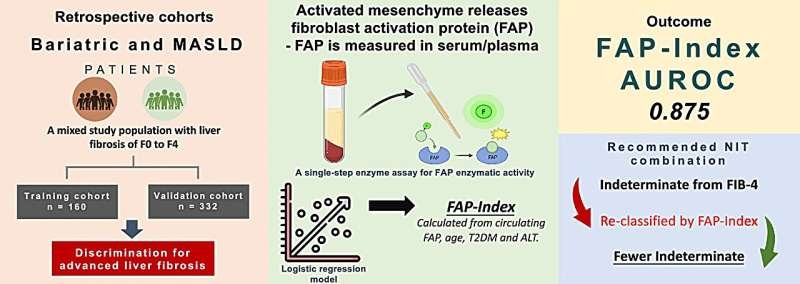Circulating DNA Distinguishes Benign from Malignant Prostate Disease
By LabMedica International staff writers
Posted on 16 Nov 2010
Free circulating DNA (fcDNA) that has been released into the blood after tumor cell death can be measured as a biomarker for cancer. Posted on 16 Nov 2010
In patients with prostate cancer (CaP), increased fcDNA is found in men with metastatic CaP as compared to controls, but not in men with localized CaP. Serum fcDNA can be measured by real-time polymerase chain reaction for the glutathione S-transferase, pi gene (GSTP1). GSTP1 variant proteins are thought to function in xenobiotic metabolism and play a role in susceptibility to cancer, and other diseases
Scientists at the University of Miami (Miami, FL, USA) prospectively evaluated fcDNA in 252 men who have undergone CaP screening and prostate biopsy to correlate levels in relation to the demographic and clinicopathologic features. Among the patients in the study, at prostate biopsy, 89 had CaP, 59 had prostatitis, and 104 had benign prostatic hyperplasia (BPH). The median fcDNA levels for CaP, BPH and prostatitis were 149 ng/mL, 96.9 ng/mL, and 81.8 ng/mL, respectively. There was no statistical difference between prostatitis and BPH regarding fcDNA levels, but the difference was statistically significant for CaP versus benign etiologies.
When stratified by total prostate specific antigen (PSA) levels, the results showed that for patients with a PSA of less than 10 ng/mL, the difference remained significant. However, there was no significant difference in fcDNA levels for CaP versus benign causes in patients with PSA greater than 10 ng/mL. An interaction between fcDNA and PSA yielded a high negative predictive value of 93.1% and increased specificity of 33.1% compared with negative predictive value of 73.3% and specificity of 6.7% in the model excluding fcDNA. Prostate cancer was diagnosed in 35.3% of the patients whose mean age was 66 years, compared with 63 years in both prostatitis patients and in BPH patients. The CaP group had a significantly higher percentage of African-American patients (48%) compared with prostatitis (17%).
The authors stated that the main inference from the study was that by adding fcDNA to prostate cancer screening the number of unnecessary prostate biopsies can be reduced. The study was published in August 2010, in the journal Cancer Epidemiology and Biomarkers Prevention.
Related Links:
University of Miami














